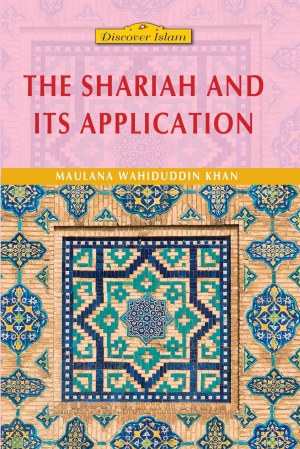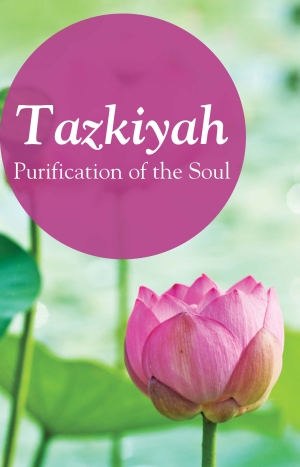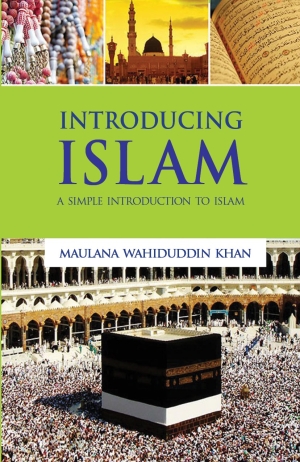In Islam, halal (permitted) contrasts with haram (' forbidden, proscribed, sacred'). The Quran says, “… Whoever honours that which is declared sacred by God may be sure that it counts for good in the sight of his Lord. Livestock is lawful for you, except that which has already been explicitly forbidden. Then shun the abomination of the deities and shun all falsehood. (22:30)
What is permitted (halal) and what is prohibited (haram); what is sacred and what is not; which way of worship are proper and which improper—all these matters have been made absolutely clear by God through His prophets. Any changes in these matters are not permissible. Any change made in these things is highly wrong, in the eyes of God. Therefore, it is necessary for man to follow the Prophet’s instructions. He should in no case increase or decrease what is prescribed by the Prophet.
According to one tradition, the Prophet of Islam once observed: “The example of a believer and his faith is like that of a tethered horse who moves away then comes back to where he is tethered.” (Musnad Ahmad, Hadith No. 11526)
A human being has not to lead his life in this world as an untethered horse. Rather he has to lead his life like a horse tied up with a rope. A person’s success lies in subordinating his freedom to his principles. He should lead a principled life rather than an unprincipled life.
What, in essence, is this principled life? It is one, in effect, in which the believers differentiate between the lawful and the unlawful. He engages only in those things for which God has given His permission and refrains from what God has forbidden.
According to Muslim Jurists, Islam generally considers everything halal in social affairs unless it is specifically prohibited in the Quran or Hadith.









